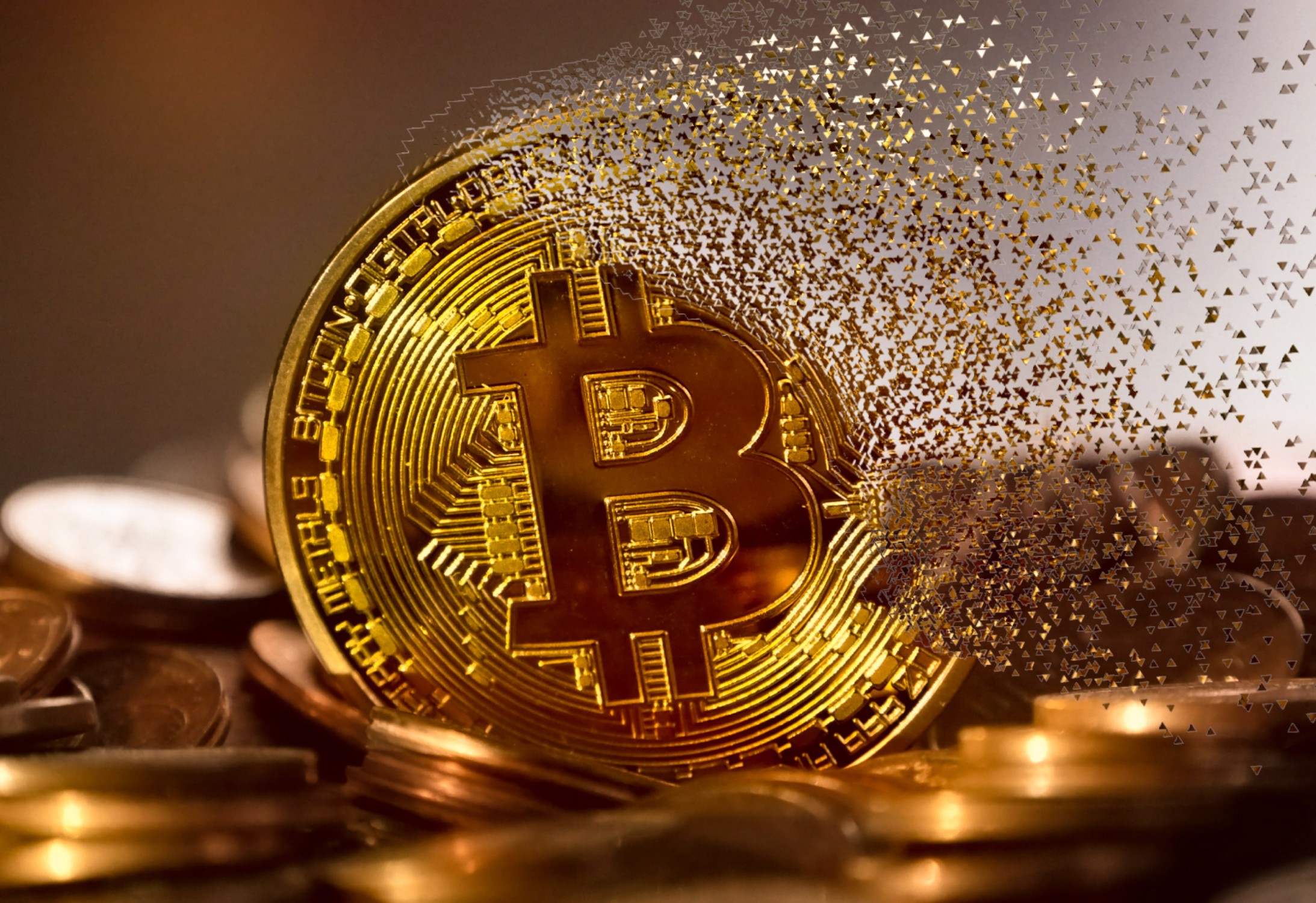Bitcoin Prices Plunge as Stock Market Selloff Spreads to Cryptocurrencies.
The price of Bitcoin BTCUSD +1.27% , Ether, and other cryptocurrencies slumped on Thursday, reversing a recent rally as a deep selloff in the stock market spread to digital assets..

Bitcoin tumbled 6% over the past 24 hours to around $36,900, after ending 6% higher on Wednesday and piercing the $40,000 mark at one point in its biggest one-day jump since early March. The leading crypto has been trading in a range around $40,000 for much of this year, remaining well off its record high of $68,990 reached in November 2021. It is now changing hands at the lowest level since late January.
Ether, the second-largest digital asset, dropped 4% to around $2,750. The token underpinning the Ethereum blockchain network had gained 6% to nearly $3,000 at the peak of Wednesday trading—its best daily performance since February.
Smaller cryptos, or “altcoins,” also felt the pain. Solana lost 3%, Cardano dropped 4%, and Avalanche retreated 5%. “Memecoins”—called that because they were initially intended as internet jokes rather than significant blockchain projects—were relatively more resilient, with both dogecoin and shiba inu some 2% lower.
Bitcoin and other digital assets should in theory trade independently of mainstream financial markets, but they have proved correlated with other risk-sensitive assets like stocks—especially technology stocks—over the past few months.
And so, when Wednesday brought one of the best days for the stock market in two years—with the S&P 500 notching its best one-day performance since May 2020 and rising 3%— cryptos followed.
A deep selloff in stocks on Thursday—the tech-heavy Nasdaq Composite dived nearly 5% by midday—has caused digital assets to reverse course, and worse. Bitcoin’s rapid descent brings it far below its level earlier this week to the lowest point in months.
Investors are digesting a challenging and dynamic environment. The Federal Reserve is expected to raise interest rates many times this year and next as well, as shrink its balance sheet, reducing its securities holdings, as the central bank fights the highest inflation in decades. A darkening economic situation in China, where severe Covid-19 lockdowns are threatening a downturn with global ripple effects, haven’t helped the outlook.
The Fed said Wednesday that it would raise interest rates bay half a percentage point, its first increase of that size in decades, and that more equally large hikes were on the table. Markets were expecting that, and investors have welcomed the Fed’s plan to fight inflation by raising rates and scaling back the vast holdings of securities the bank has accumulated as it has sought to prop up the economy over the years.
In a press conference, Fed Chair Jerome Powell also said the central bank wasn’t considering a rate increase of 0.75 percentage point—a possibility investors had feared—providing more ammunition for Wednesday’s rally in stocks and cryptos.
But on Thursday, Fed policy and rising expectations for inflation were helping bond yields surge. The yield on the benchmark 10-year U.S. Treasury jumped as high as 3.09%, which would be a new pandemic-era high if it closes at that level.
When bond yields climb, investors are faced with math that proves tough for riskier assets like stocks and cryptos: Higher yields reduce the extra return stocks offer relative to bonds, which traders expect to get from taking those riskier bets.
“There is still too much uncertainty over how the Federal Reserve’s actions will tame inflation without causing a recession,” said Zach Stein, the chief investment officer of the investment firm Carbon Collective. “The concerns that triggered the stock market correction over the past few months, such as inflation, the Russia and Ukraine war and surging oil prices, are still with us and haven’t been resolved yet.”
The Dow Jones Industrial Average and Nasdaq Composite are on track for their worst day since 2020, a day after their best daily performance since 2020. Cryptocurrency investors shouldn’t be surprised if volatility continues.
RELATED POST
- WHY ARE STARTUPS SO SUSCEPTIBLE TO FRAUD?
- Unlock Investor Interest: How to Use LinkedIn to Attract Funding
- LinkedIn for startups: 11 proven strategies for success
- Elizabeth Holmes and the Theranos Case: History of a Fraud Scandal
- Low-Cost Strategies For Startup Marketing Plan
- Forbes’ 38th Annual World’s Billionaires List: Facts And Figures 2024
- Empowering Women Entrepreneurs Transforming the Tech Industry
- 5 WAYS TO BECOME A PROBLEM-SOLVING STARTUP
- The Lean Startup methodology
- Inspiration – Vietnam startup develops AI to grow mushroom
- Everything you need to know about startup cash flow
- 10 Rules for a Strong and Lasting Startup Community
- Vietnam-focused FEBE Ventures announces $75 million second fund.
- Ghost Kitchens: Startup Led by Former Uber CEO Enforces Widespread Layoffs, Shuts Down Multiple Sites
- Productivity: Time Management Skills for Business Starter
- Antler VC and the Ambition to Mass Produce Startups, Aiming to Elevate the 'Unicorn' Ratio in the Vietnamese Startup Market.
- Unlocking the Power of Mindset: 7 Paradigms for Modern Success
- The Importance of Learning from Failure in the Startup World
- The 8 Stages of Startup Funding
- Key Takeaways From the Crisis Faced By The Most Expensive EdTech Unicorn